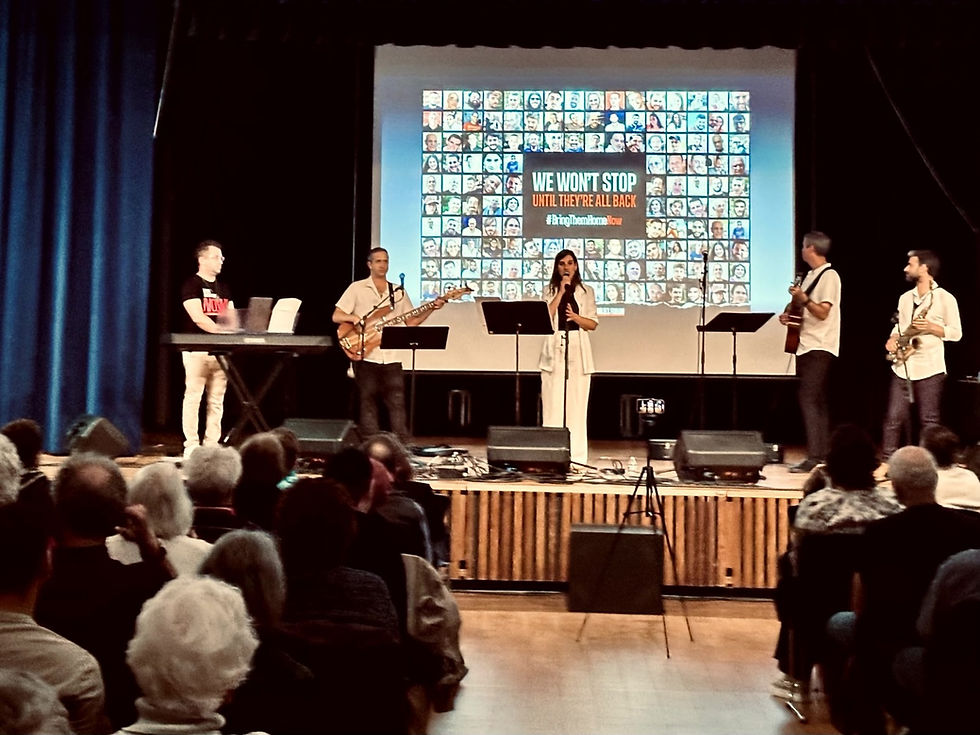For the First Time: the IDF trains 60 soldiers to assist evacuated communities
- Mirit Sulema

- Apr 19, 2024
- 2 min read
The soldiers from the Nahal cohorts of HaNoar HaOved and other youth movements, completed the first “Tkuma” (revival/rebirth) course in the IDF and were trained for the unique role. "The goal is clear: to be the supporting shoulder and open arms that embrace the evacuees when they return to their homes"

Translated from Mako- Military and Security Section
60 Tkuma units in the IDF: The soldiers from the Nahal cohorts of HaNoar HaOved and other youth movements, completed the first “Tkuma” course in the IDF and were trained for the unique role - the purpose of which is to support the evacuated communities.
"The Ministry of Defense, the Education Corps, the Nahal bridage and of course the youth movements, including HaNoar HaOved - joined together to make this course happen. All of this comes from an understanding of the importance and meaning of the task," says Ariel Katz, coordinator of the Nahal department of HaNoar HaOved.
The 60 new soldiers, who have now completed a three-month course, will be part of the effort to address the needs of the evacuees. They will be assigned to the evacuee communities as they return home and will even relocate to live with them. During the three months of training, they learned how to support the educational processes of the evacuee youth and will integrate into local schools. They will accompany the children during lessons and help them reacclimate to a normal study routine as much as possible. Beyond that, they will support them in informal education as well.

The development of the role of the Tkuma soldiers came from the understanding that importance of the presence of educators in communities that have experienced trauma. During their training, the soldiers underwent lectures by professionals in the field of mental health care, so that they would be able to address the needs of the community in the best possible way.
"This is a role that was born out of necessity. They established it from scratch, with a clear goal: to be the supporting shoulder and the open arms that embraces the evacuees when they return to their homes. Many of the soldiers, before their recruitment and after the end of their gap year, worked with the evacuee communities as volunteers. In addition to the military training in the course, their participation in the youth movement gap year prepared them for this task," concludes Ariel.



Comments